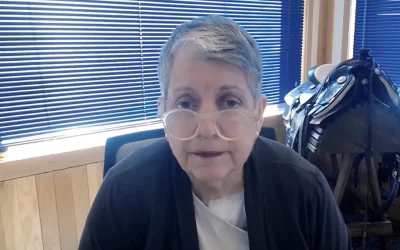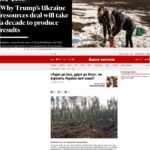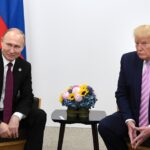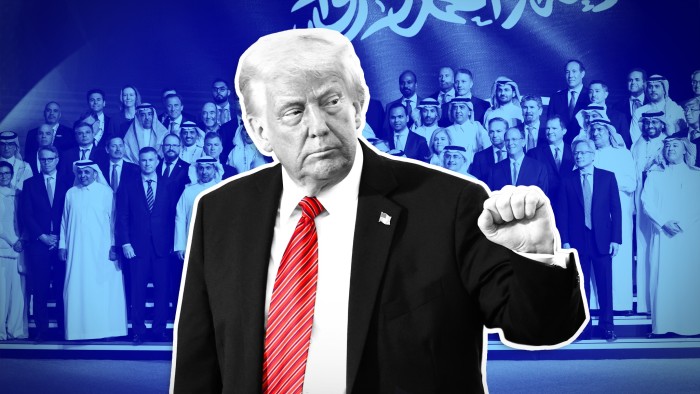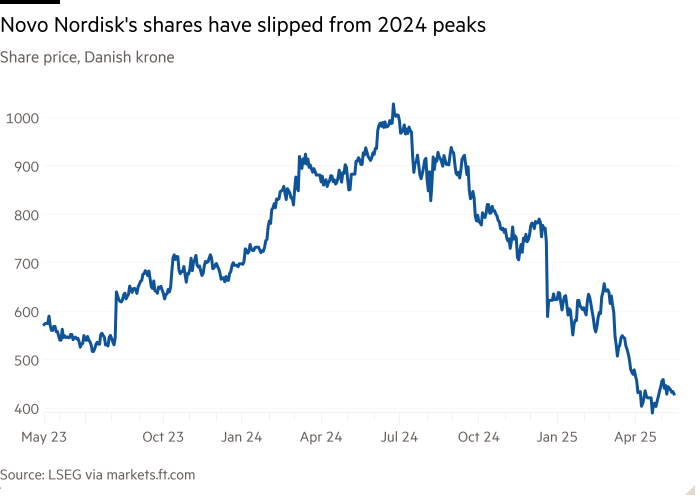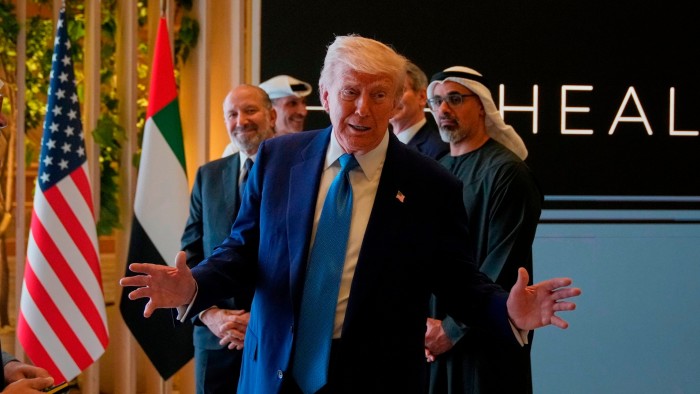Ukraine and Russia to hold first peace talks in three years
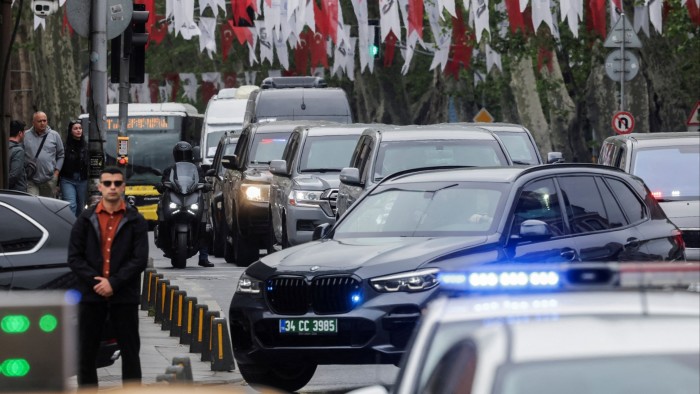
Stay informed with free updates
Simply sign up to the War in Ukraine myFT Digest — delivered directly to your inbox.
Ukraine and Russia will hold their first direct peace talks in three years on Friday, meeting in Istanbul for discussions brokered by the US and Turkey amid an international push for a 30-day unconditional ceasefire.
But expectations for progress remained low, with Kyiv and Moscow still far apart on key conditions for ending Russia’s years-long war and the deadliest conflict in Europe since the second world war. President Donald Trump said on Thursday that “nothing is going to happen” on a Russia-Ukraine peace deal until he and Vladimir Putin meet, dashing hopes down for results from the talks.
Previous peace talks in Istanbul broke down in the spring of 2022, after Kyiv uncovered the atrocities carried out by Moscow’s forces in Bucha and other areas of Ukraine that had been occupied by Russia in the first weeks of the full-scale invasion.
Ukraine’s delegation, led by defence minister Rustem Umerov, was due to meet a lower-ranking Russian team headed by presidential aide and former culture minister Vladimir Medinsky at 12:30 local time in Istanbul. The talks follow a strained start to the latest diplomatic push, after Putin declined to meet Ukrainian President Volodymyr Zelenskyy face to face.
But a possible meeting between Zelenskyy and Putin will be on the agenda of the Ukrainian delegation, a Ukrainian diplomat in Istanbul said.
Zelenskyy on Thursday met Turkish President Recep Tayyip Erdoğan in Ankara. The Ukrainian leader dismissed the Russian delegation as “stand-in props”, questioning the seniority of its members and “whether they can make any decisions”.
Nevertheless, Zelenskyy said a ceasefire could be reached if Kyiv and Moscow negotiators on Friday could find some common ground.
European Commission President Ursula von der Leyen on Friday said that Putin had previously announced ceasefires “he never respected”.
“President Putin continued striking Ukraine and proposed a meeting between Ukraine and Russia in Turkey. President Zelenskyy was ready to meet. President Putin did not turn up. This tells us one thing: President Putin does not want peace.”
The Ukrainian official in Istanbul said the Kyiv team was “ready to work . . . to achieve tangible results”.
“The question is whether the Russian side is ready for real steps towards peace. So far, Russia has obstructed every constructive effort made by Ukraine.”
Andriy Yermak, Zelenskyy’s chief of staff, said he and Umerov met US special envoy for Ukraine Keith Kellogg and UK national security adviser Jonathan Powell to co-ordinate positions ahead of the meeting with the Russian delegation. US secretary of state Marco Rubio met with his Ukrainian counterpart Andriy Sybiha. French and German diplomatic advisers were also in Istanbul on Friday.
“Ukraine is ready for peace and for a lasting, unconditional ceasefire. We are also prepared for meetings and negotiations at the highest level,” Yermak said.
Medinsky, head of the Russian delegation, said late on Thursday that his team was “ready to work” after holding preliminary talks with Turkish officials.
Medinsky, who also led Moscow’s delegation at the last direct talks in Istanbul in early 2022, described his negotiating team as flexible and set to be “constructive”, but other officials have suggested Russia would not back down from its maximalist demands.
Umerov, a Crimean Tatar and experienced negotiator, also represented Kyiv in the first Istanbul talks three years ago and has been a part of backchannel talks with the Russians on humanitarian matters and prisoner exchanges.
Senior Turkish officials were set to join the Russia-Ukraine talks.
The American envoys were not expected to meet the Russian delegation.
Meanwhile, in Kyiv, sirens blared before dawn as Russia launched another missile and drone attack on the Ukrainian capital and other cities. Ukraine’s air force reported that one of its F-16 fighter jets had been lost while “carrying out a mission to repel an enemy air attack”.
Senior Ukrainian officials told the Financial Times earlier in the week that Russia appeared to be gearing up for a larger offensive, moving forces from Kursk and elsewhere to strategic hotspots on the battlefield, rather than signalling a readiness for peace talks.
Deep State, a Ukrainian analytical group close to the defence ministry, reported in recent days that Russian armed forces had seized more ground in the eastern Donetsk region, particularly around the flashpoint cities of Pokrovsk, Toretsk and Chasiv Yar.
Ukraine has managed to prevent a major breakthrough along the 1,000km frontline but it has struggled to halt the Russians’ grinding advance. Kyiv is likely to face increasing difficulty as it grapples with a problematic mobilisation campaign and US-supplied arms and ammunition run low.
Additional reporting by Barbara Moens in London
